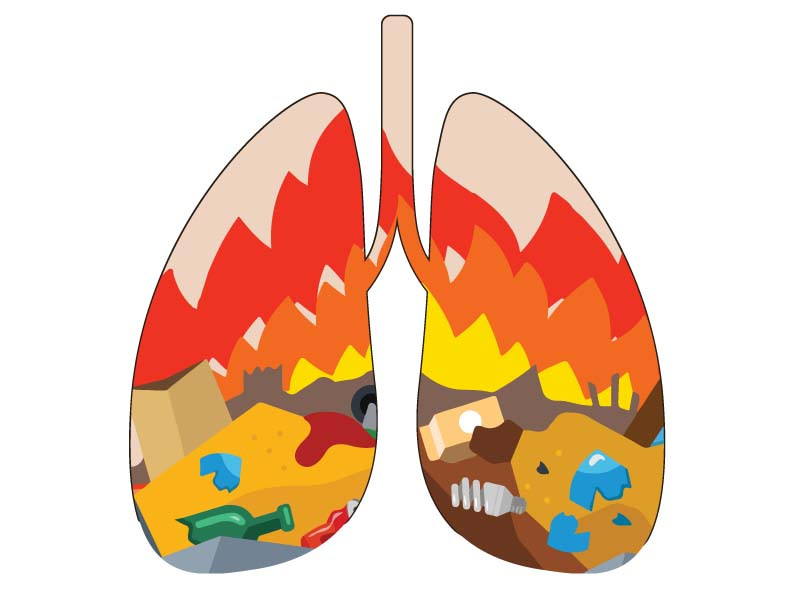
Despite the provincial government spending billions of rupees every year on waste collection, piles of garbage across Karachi somehow only manage to grow, which leads to the city’s residents indulging in the dangerous practice of putting fire to the heaps of trash just to avoid the stench.
As per a report by the International Trade Administration, an agency under the United States Department of Commerce, Karachi generates about 16,500 tons of dry waste every day - the most in the entire country. The report further states that the quantity of waste generated is growing by 2.4 per cent every year.
A mere stroll or drive in the port city will back the agency’s findings given the heaps of trash that are in every nook and corner. The piles of garbage are even more surprising given the fact that the Government of Sindh allocates between Rs 12 billion to Rs 14 billion from the public exchequer to the Sindh Solid Waste Management Board (SSWMB) annually to deal with the trash.
When asked about the piles of trash prevalent in the metropolis despite the Board’s mammoth budget, Tariq Nizamani, Director of Operation, informed that SSWMB was responsible for 60 to 70 per cent of Karachi’s trash collection and it was doing a fine job. “The remaining 30 to 40 per cent is the responsibility of other institutions like Cantonment Board, Pakistan Railways, Karachi Fish Harbour, Karachi Port Trust, and Civil Aviation Authority,” said Nizamani, inferring that it was other departments which were letting garbage pile up.
While it remains to be seen whether any institution will own up to their responsibilities vis-a-vis heaps of garbage in the city, the residents of the city have resorted to burning the trash to avoid the stench.
Shahrukh, the manager of an electronic store, which is located in a vicinity where garbage burning is the norm, told the Express Tribune that the practice was prevalent because the waste was not picked up for days on end. “Nobody wants to bear the stench, so people think putting fire to the trash is the easy way out,” he informed, further adding that this was not a unique practice.
Read Sustainable solid waste management
“I live in the Liaquatabad area and the prevalent practice over there as well is to set fire to the heaps of garbage,” candidly informed Shahrukh.
Concurring with Sharukh, Mohammad Ayub, a school van driver, said that the practice is quite common in Karachi. “Every day from my usual route of New Karachi to Saddar, I witness multiple heaps of garbage on fire. People have no other choice apart from burning it,” remarked Ayub.
While people may not have a choice, the practice poses a magnitude of problems. As per Shahid Lutfi, an environmental expert based in the city, solid waste contains a high amount of plastic, the burning of which releases poisonous gases like carbon dioxide and carbon monoxide, both of which are very dangerous for humans.
Since the poisonous gases are a threat to the atmosphere of Karachi, The Express Tribune spoke to Deputy Director of the Sindh Environmental Protection Agency, Sada Bakhsh Daras, regarding the agency’s inaction towards those who set fire to garbage piles across the city. “This responsibility lies squarely with the Karachi Municipal Corporation (KMC). Our only job is to inform the concerned department of complaints, we are not a regulatory body,” Daras clarified.
Hence, KMC officials were asked about the disregard for the health of Karachi’s residents. “We are working on concrete measures to prevent this dangerous practice and will soon start registering FIRs against those who burn garbage,” assured Ali Hassan Sajid, KMC’s Media Director, while talking to The Express Tribune.
Published in The Express Tribune, November 18th, 2023.



1730965998-0/BeFunky-collage-(27)1730965998-0-165x106.webp)
1731933289-0/BeFunky-collage-(68)1731933289-0-165x106.webp)

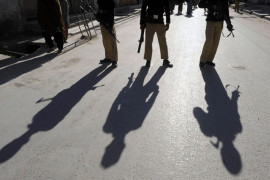
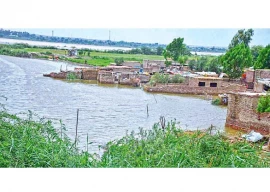

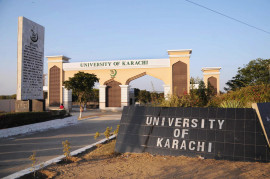

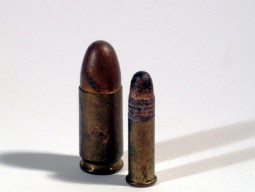
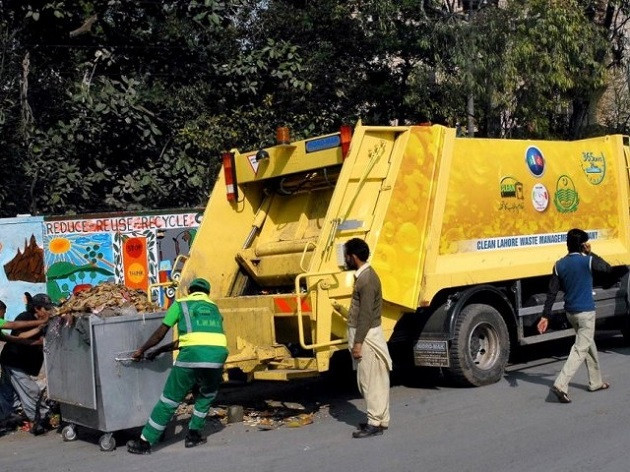

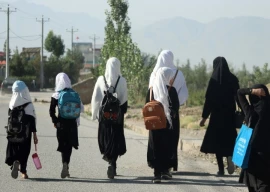






COMMENTS
Comments are moderated and generally will be posted if they are on-topic and not abusive.
For more information, please see our Comments FAQ